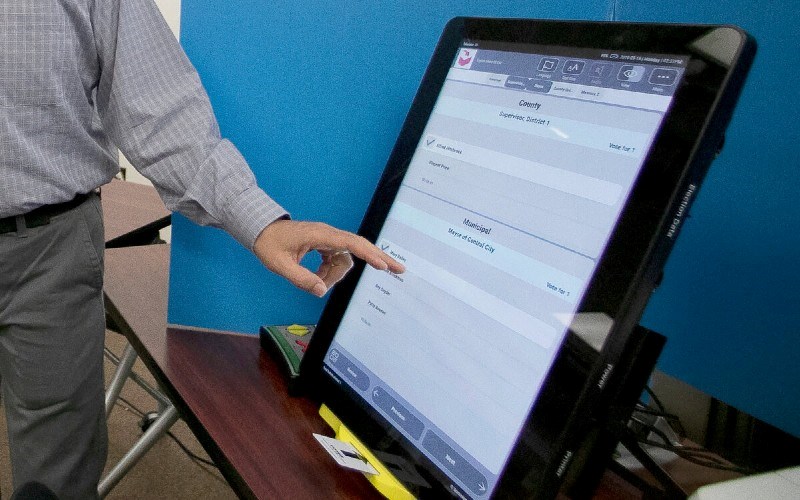As reported on AFN last week, MyPillow founder Mike Lindell was recently accosted by FBI agents demanding his cell phone. They wanted to find out about any communication he had with Mesa County (Colorado) Clerk Tina Peters, who was concerned that the forensic data on the hard drive of the Dominion Voting machines used in the county had been manipulated; and that critical records had been prematurely and illegally destroyed.
Dr. Walter Daugherity is senior lecturer emeritus in the Department of Computer Science & Engineering at Texas A&M University. The Harvard graduate was called in to verify the conclusions of an independent panel of experts who examined hard-drive data from two elections in November 2020 and April 2021.
A statement dated April 21, 2022, from Daugherity and co-investigator Jeffrey O'Donnell, reports (in part) on their findings from the two Colorado elections:
- After vote counting was underway, thousands of ballots that had already been counted were secretly reprocessed inside the voting machine, undetected by election officials.
- Internal Wifi/Bluetooth wireless adapters (in 35 machines) allowed unauthorized external connectivity, opening the door for almost any computer in the world to connect to the software and server.
- "Shadow" databases, secretly created after counting began, were used to hold already-counted ballots that were recounted without notice to election officials; and only the reprocessed ballot files were made visible to the officials, while the original files remained hidden.
- The Dominion machine was preset to erase critical records (e.g., activity logs and user logins) within just a few days, effectively "covering the tracks" of anyone committing unauthorized access.
"The bottom line is that voting machines are not trustworthy," Daugherity tells AFN. "If you can't trust the machine to produce an accurate result, then we shouldn't be using them."

He adds: "We've gone from a process that's nearly a hundred percent transparent with hand-marked, hand-counted paper ballots to a process that's nearly a hundred percent not transparent."
Daugherity explains that ballots go in the machines and numbers come out – but it isn't clear what happens to those ballots in the meantime.
"Was it counted? Was it ignored? Was it altered or flipped or deleted? You don't know," he laments. "Now that we've looked inside the machine after that election, we know what happened in not one but two elections in Colorado – and both of them were manipulated.
"So, my bottom line is you can't trust voting machines – so let's stop using them."







